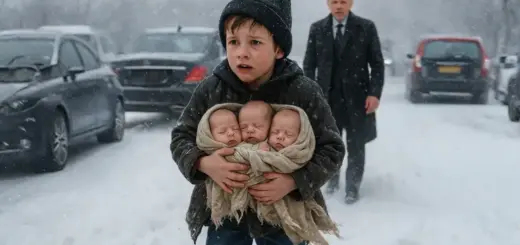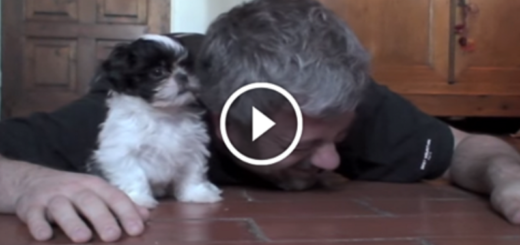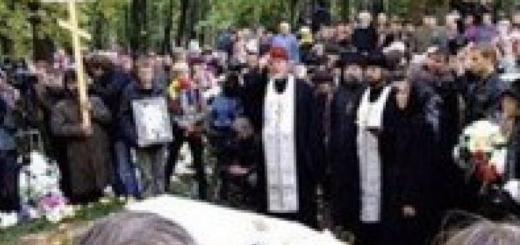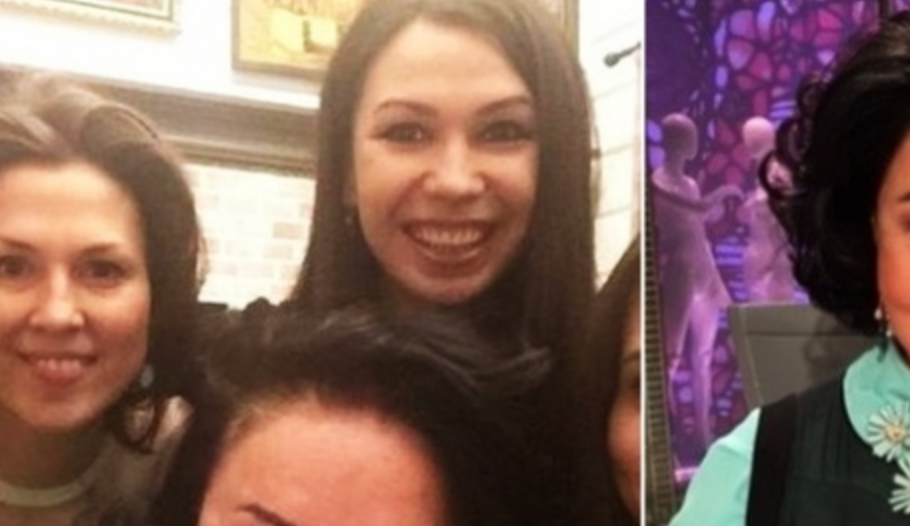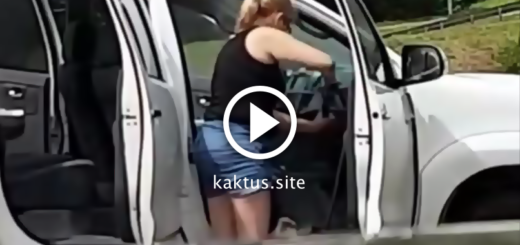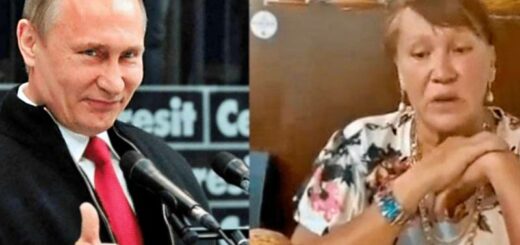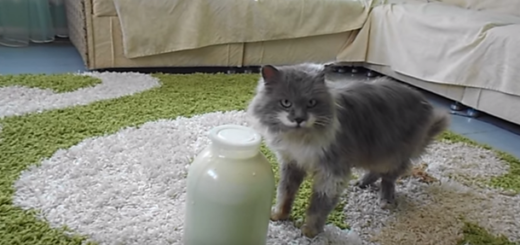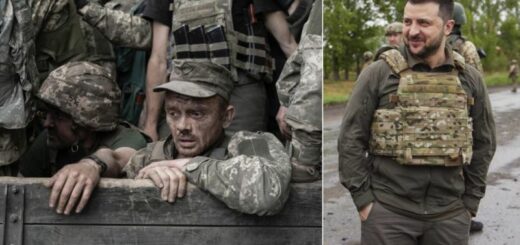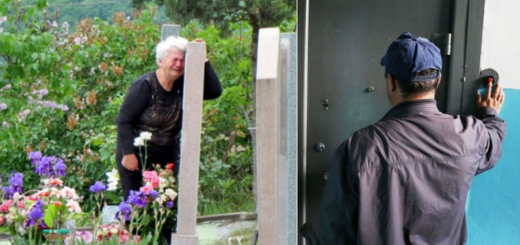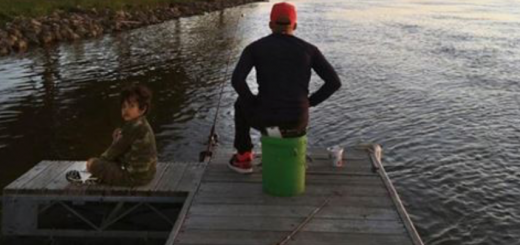By sunrise, Thomas had texted confirmation. Krista had listed our house with a real estate agency two days earlier. The asking price was 30% below market value, priced for a quick sale. She’d forged my signature on the listing agreement.
At 8:30 a.m., I watched from Harold’s kitchen window as Krista and Devin loaded the last items into Devin’s black Audi—small valuables, easy to transport. My grandmother’s silver picture frames, the antique watch my father had given me before he died. At 8:45 a.m., a large moving truck pulled up. Three men got out and approached the house, right on schedule.
At 8:55 a.m., an unmarked car parked directly behind the moving truck, blocking it in. Two sheriff’s deputies and a woman in a business suit emerged. Thomas had sent a court officer along with them. «It’s time,» I said to Harold.
I walked across the street as the deputies approached my front door. Krista answered, her expression shifting from irritation to confusion as the officers identified themselves. «Mrs. Harrington? We have paperwork to serve you and the gentleman on the premises.»
I stayed just out of sight, watching from the edge of the driveway as the color drained from her face. She called for Devin, who appeared behind her, his arms sliding possessively around her waist. That’s when I stepped into view. The look on Krista’s face was one I’ll never forget: shock giving way to fear, then calculation. Devin just looked confused.
«Miles,» she whispered, «you’re supposed to be on the rig.»
«Surprise,» I said quietly, nodding to the deputies to proceed.
They handed over the stack of documents: an emergency restraining order against them, the freezing of all assets, a criminal complaint for forgery, the nullification of the home listing, and a notice of divorce proceedings citing fraud and criminal conspiracy.
«You can’t do this,» Devin spoke up, puffing out his chest. «She’s afraid of you. We have a domestic violence claim.»
«Dismissed this morning by Judge Winters,» I interrupted. «It’s hard to abuse someone from 6,000 miles away. The judge was particularly interested in the text messages discussing your ‘Plan B’ involving my insurance policy.» His face went slack.
Krista stepped forward, tears already forming. «Miles, this is all a misunderstanding. I was just—»
«Saving our documents?» I finished for her, gesturing to the moving truck. «Protecting our assets by emptying our house? Planning our future by selling our home without telling me?» She had no answer for that.
«You have 30 minutes to remove personal items only,» the court officer stated. «Clothing and toiletries. Everything else stays pending court inventory.»
As they went inside under supervision, I turned to walk away.
«Where are you going?» Krista called after me.
I didn’t look back. «Home.»
The hearing took place three weeks later. I sat at one table with Thomas; Krista and her lawyer sat at another. Devin was conspicuously absent. He’d disappeared two days after being served, taking Krista’s remaining cash and jewelry with him—a familiar pattern, just as Brendan had discovered.
The judge reviewed the evidence methodically: bank records, forged documents, text messages, location data. When she reached the messages discussing Plan B and the insurance money, she stopped reading and looked directly at Krista. «Mrs. Harrington, are you aware of the penalties for conspiracy to commit insurance fraud… or worse?»
Krista’s lawyer whispered urgently in her ear. «It wasn’t like that, Your Honor,» Krista stammered. «Devin was just joking. I never would have—»
«Save it for the criminal proceedings,» the judge interrupted. «This court’s jurisdiction is the division of assets and the dissolution of the marriage.» She continued reading through the documents, occasionally shaking her head.
When she finished, she set the papers down and removed her glasses. «In my 30 years on the bench, I’ve rarely seen such a clear case of premeditated financial deception in a marriage.» She looked at Krista. «You systematically drained joint accounts while forging documents and planning to flee the state with marital assets.»
Turning to me, her expression softened slightly. «Mr. Harrington, while your creation of separate accounts through a holding company might seem questionable to some, the court finds that you consistently paid household expenses, filed proper taxes, and made no attempt to hide assets from the government, only to protect them from potential future claims.»
Her ruling was swift and final. All assets transferred by Krista would be returned to me. The house remained solely my property. Krista’s claims for spousal support were denied. And most satisfyingly, she referred the forgery and conspiracy evidence to the district attorney’s office for potential criminal charges. As we left the courtroom, Krista tried to approach me. I just kept walking. Some victories need no words.
Six months later, I stood on the porch of my cabin in the mountains outside Missoula, Montana. The property had been part of Winterlight Holdings all along—forty acres of pine forest and meadow I’d bought five years earlier as a retirement plan. Krista never knew it existed.
The forgery charges against her had been reduced in a plea deal: no jail time, but five years’ probation and restitution payments she’d likely never complete. Last I heard, she was living with her sister in Tulsa, working retail. Devin had moved on to a divorced doctor in Arizona, his pattern continuing unbroken.
I’d taken early retirement from the oil company. Twenty-seven years was enough. Between my investments, savings, and the small natural gas royalties from a property in Arkansas, I had more than enough to live comfortably for the rest of my life. Harold called occasionally with updates from Odessa. I’d sold the house there—too many memories, none of them good anymore. He’d helped clear out the last of my things, shipping the family heirlooms to Montana and donating the rest.
The afternoon mail brought an envelope from Brendan: final paperwork showing the dissolution of Winterlight Holdings. Its purpose was complete. Assets transferred, taxes paid, a chapter closed. As the sun set behind the mountains, I poured a glass of bourbon and sat on the porch swing I’d built that summer. For the first time in years, no one was expecting anything from me.
No crew was waiting for instructions, no wife pretending to miss me—just quiet and the sound of wind in the pines. My phone rang. A new project manager at a Canadian oil company was offering a consulting position. Good money, minimal travel, just sharing expertise I’d accumulated over decades.
«I’ll think about it,» I told him. And I would. But not tonight. Tonight was just for me, for the peace I’d earned, for the life I was finally living on my own terms.

